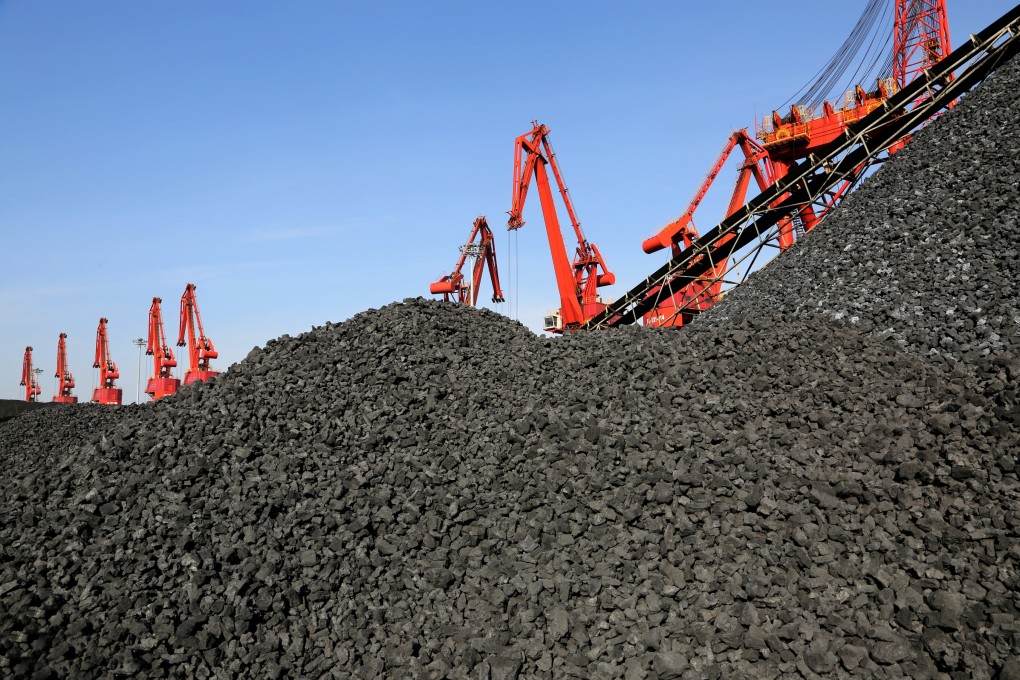BlackRock flexes US$7 trillion financial muscle to vote against boards that do not disclose climate risks in move towards ‘new standard for investing’
- Sustainability to be ‘new standard for investing’ at world’s biggest asset manager with nearly US$7 trillion of assets under management, CEO Fink says
- BlackRock will stop investing in companies that generate more than 25 per cent of revenue from thermal coals from mid-2020

BlackRock said on Tuesday it would no longer invest in thermal coal producers and would vote against management at companies it invests in if they have not made sufficient progress in disclosing climate risks, as the world’s biggest asset manager moves to make sustainability “our new standard for investing”.
The announcement came as part of the latest annual letter to chief executives by Larry Fink, the BlackRock chairman and chief executive, who has previously called for companies to do more than just make money for clients but make a “positive contribution to society.”
“Given the groundwork we have already laid engaging on disclosure, and the growing investment risks surrounding sustainability, we will be increasingly disposed to vote against management and board directors when companies are not making sufficient progress on sustainability-related disclosures and the business practices and plans underlying them,” Fink wrote in his letter.
In 2019, BlackRock, with nearly US$7 trillion in assets, voted against or withheld votes from 4,800 directors at 2,700 different companies, he said.
A groundswell of concern has risen in recent years over the rapidly changing environment, making the topic front and centre of the global investing community. That also turned sustainable investing into an important topic for money managers, as they seek to attract a younger group of investors who are more concerned about environmental and social issues.